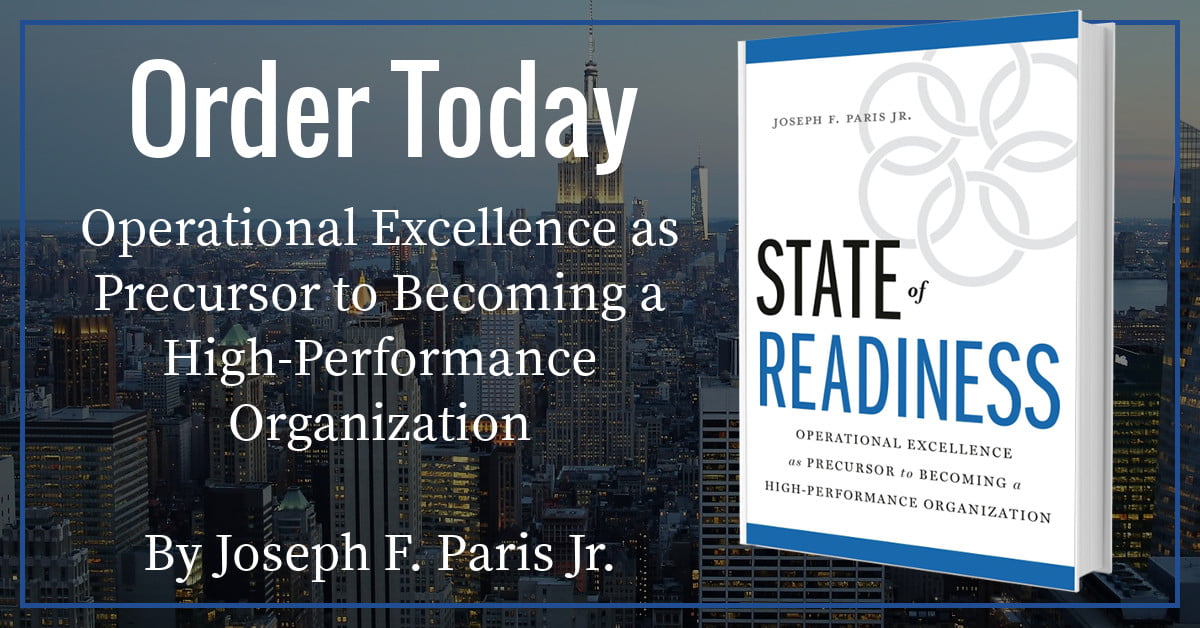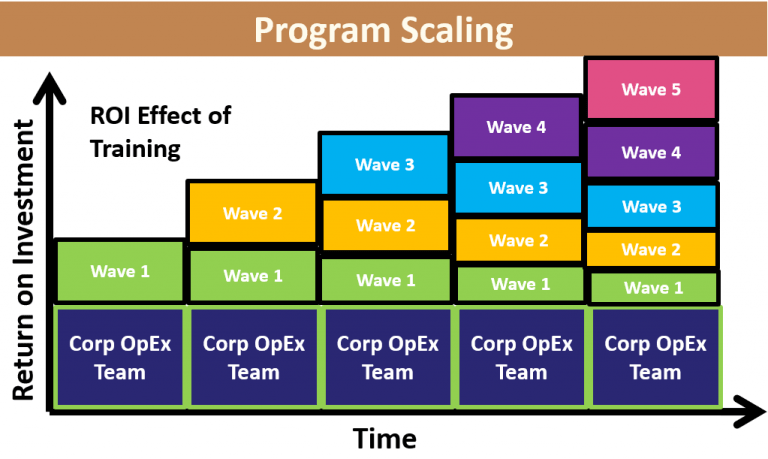Convenient Half-Truths with which Everyone Chooses to Live
Several years ago I had an awakening. I came to the realization that technology, by and large, did not live-up to its promises and that this gap between promises and reality was ever widening. This was (and is) especially true of business information systems – most usually referred to as Enterprise Resource Planning (ERP) systems.
Almost always, these ERP systems do not live-up to the “hype” generated by the software developers – or the “industry analysts” that they pay to review their solutions and perform the market research. The implementation partners and Value-Added Resellers (VAR’s) have become experts in damage control – because they are the ones that are on the front-lines.
In my experience and what I have observed, these ERP systems are often counter-productive in many ways or an outright failure. Just look around to see how many people are using their off-line spreadsheets to do their daily work – or how many other ways people subvert the systems – and you will get an idea of how big a failure the technology decisions are in any business.
Being a VAR is most difficult – when the product does not perform as expected and/or things go wrong (and both ALWAYS happen), they get attacked from the front by the customer and squeezed (or even attacked again) from the rear by the ERP vendor. The VAR is at a disadvantage because they don’t have ultimate control over the situation. They almost never have the “source code” to be able to make the software perform as desired. Perhaps “Open Source” ERP is the answer to this?
It was not always that way. Back in the early and mid-1990’s, ERP Vendors were very entrepreneurial. Most of them were privately-held companies working in small marketplaces (either geographically or vertically). They were owned and run by a bunch of software engineers who enjoyed solving problems in a collegiate environment – not thinking twice about pulling “all-nighters” with pizza’s and beers to solve a problem and cut some code.
Creation – working a problem with your team-mates and seeing it solved, especially when a uniquely crafty solution was involved – was a large part of the reward. Sure there were problems, but everyone was in the problem-solving business – that’s what they loved to do – and the problems were solved.
However, in the run-up to Y2K and the burst technology bubble that occurred just after, many of these ERP vendors were bought by larger companies – companies who were not entrepreneurial in nature, but all about the money.
The ERP vendors stopped worrying about solving problems or otherwise bettering the circumstance of their clients – and they started worrying about “increasing market share”, “winning the deal”, and “killing the competition”. They became arrogant, political, selfish and greedy.
The discussions turned from being about value-add to being about sales strategies – complete with “kill-sheets” for the competition. The conferences I attended changed from being academic and educational to being “pep-rallies”. I stopped going.
One ERP Vendor actually taught as its sales pitch: “Walk into the demonstration with these [several house-hold name] products – all made by Fortune-500 firms we all know. Start your presentation by saying that all of these companies – companies with a magnitude of more capability for due-diligence – selected our software to run their business. What makes you think your decision-making process can come to any other conclusion than theirs did?”
What arrogance… They forgot the most important thing in business – it’s all about the customer and what value the customer believes you can drive to their business.
The “tipping-point” – my “Jerry McGuire moment” – in the ERP business for me was when a prospect, as he was signing the contracts with my firm, said to me; “I know I am going to get screwed when I sign this contract – I just am wondering how much I am going to get screwed.”
Wow… It had come to the point where it was an open lie. EVERYONE knew that the ERP industry was full of shysters, scammers and thieves – that it was the norm and to be expected. Yet they still engaged – sheep to the slaughter.
However, that is not me – I don’t have the ability to bullshit.
… It usually comes in handy – sometimes not.
I still believe the shortest distance between two points is still a straight line – and that you can be direct without being personal or brutal. Nowadays, many people seem to care more about the packaging than what is inside. We seem to care more about how a message is delivered than the message itself. We look for the easy way instead of the right way. We think we can just buy our way into improving our circumstances – push a button or take a pill instead of working.
This is how I, personally, came to turning my back on ERP and Technology in favor of improving the circumstances of companies and the people who work in them through Operational Excellence. I wanted to get back to REAL problem-solving without the politics, posturing and subterfuge.
As an example to what I am referring; take, for instance, that many people are over-weight. Certainly, some people have some genetic code that makes them inclined to be over-weight, but this is really a very small minority. Most people are over-weight because of their life-style.
But instead of doing what really needs to be done – putting the fork down, pushing back from the table and going for a walk – they try to “buy” their way to improving their circumstances. I wonder:
– how many exercise bikes purchased ever reach 100m (60km)?
– how many folks on Nutra-Systems lose weight and keep it off?
– how many gym-memberships are purchased and rarely (if ever) used?
– etc…
I wonder how many efforts to buy their way out of a circumstance are successful.
True improvement – true transformational change – requires a true and permanent modification in behavior. It requires eagerness (not just willingness) and a want (not just need) to improve one’s circumstance. It requires real work, real dedication and real effort – you can’t just “buy it”.
If, after you have aligned your resources, committed to improving and have earnestly and honestly embarked on the journey – then you can assess any real requirements objectively.
Remember this four-step process for success:
– Define the Strategy. What are you trying to accomplish?
– Develop the Tactics. What is the plan to achieve the strategy?
– Determine the Logistics. What is needed to support the tactics?
– Execute. Do it. Align the resources, commit to the prosecution of the plan.
Only when this is done can you objectively identify and purchase the proper “tool” to facilitate and help improve your circumstances, your process flow and your quality, be it; a new piece of production equipment, a facility, a new vehicle, a new pencil sharpener and yes, even a new ERP system.
 Joseph F Paris Jr is the Chairman of the XONITEK Group of Companies. With over twenty years as entrepreneur, academic and professional instructor, and strategic consultant – he is a champion of Operational Excellence (Lean Six-Sigma and Leadership) who has devoted himself to increasing stakeholder-value for his clients and constituents.
Joseph F Paris Jr is the Chairman of the XONITEK Group of Companies. With over twenty years as entrepreneur, academic and professional instructor, and strategic consultant – he is a champion of Operational Excellence (Lean Six-Sigma and Leadership) who has devoted himself to increasing stakeholder-value for his clients and constituents.
Contact him at parisjf@xonitek.com







